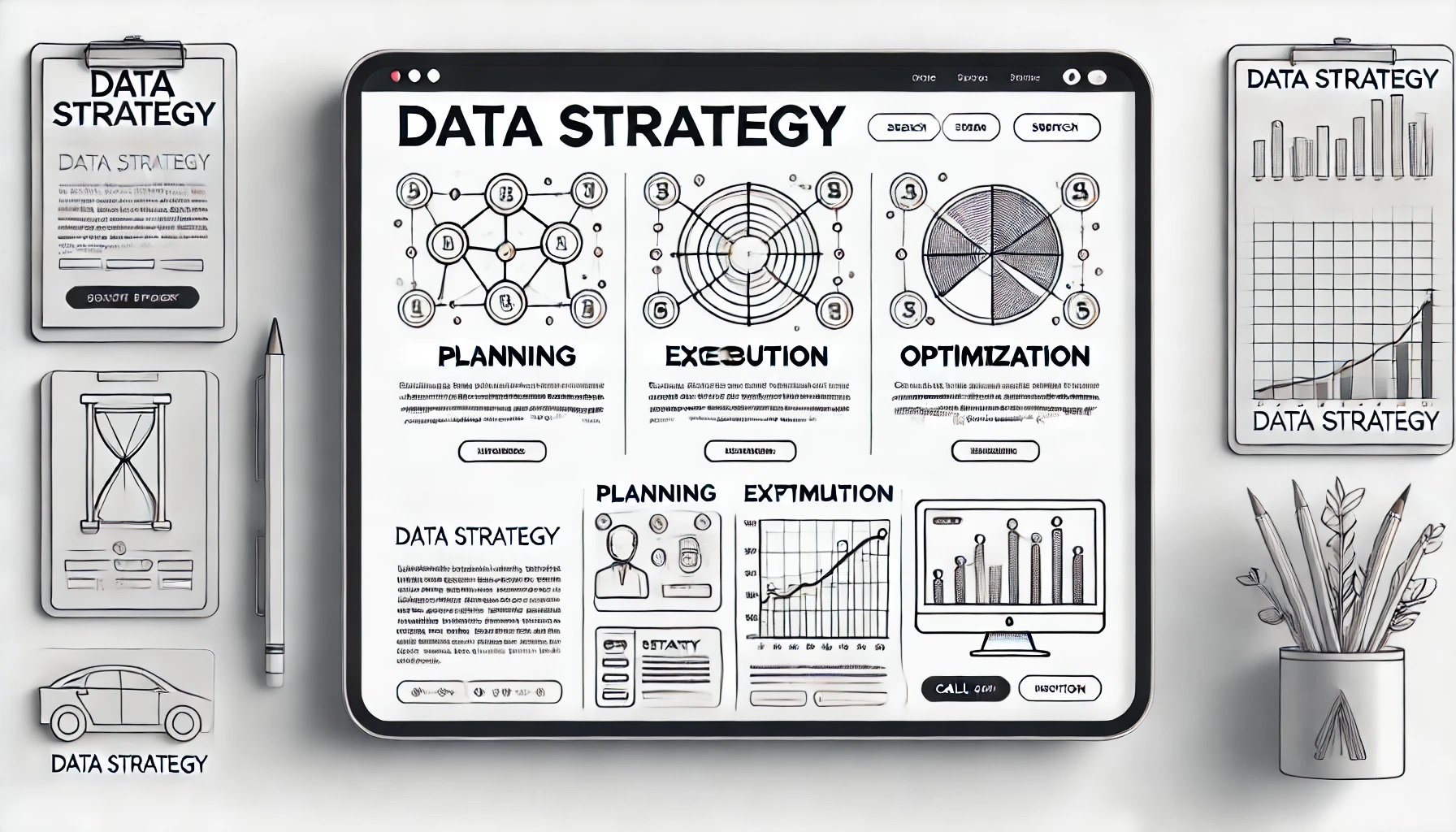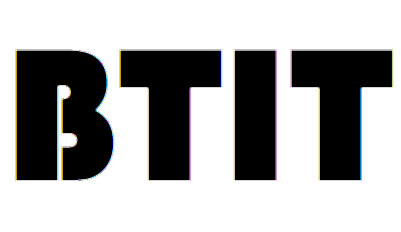Data Strategy
 Our Data Strategy service is designed to align with your organization’s overall business strategy. This service involves creating a comprehensive plan to enhance how your organization acquires, stores, manages, shares, and utilizes data. The primary objective is to treat data as a valuable asset, ensuring it is used effectively and efficiently to drive business success.
Our Data Strategy service is designed to align with your organization’s overall business strategy. This service involves creating a comprehensive plan to enhance how your organization acquires, stores, manages, shares, and utilizes data. The primary objective is to treat data as a valuable asset, ensuring it is used effectively and efficiently to drive business success.
Key components of our Data Strategy service include:
Assessment and Planning:
Conducting a thorough assessment of your current data landscape.
Developing a strategic plan that outlines goals and objectives for data management and utilization.
Data Governance:
Establishing data governance frameworks to ensure data quality, security, and compliance.
Implementing policies and procedures for data management.
Data Architecture and Infrastructure:
Designing scalable data architecture and selecting appropriate technologies.
Ensuring the infrastructure supports efficient data storage, processing, and retrieval.
Data Integration and Management:
Integrating data from various sources to create a unified view.
Implementing data management practices to maintain data integrity and accessibility.
Implementation of Industry Data Exchange Protocols:
Integrating industry-specific data exchange protocols to facilitate seamless data sharing across systems.
In the health sector, implementing protocols like HL7 (Health Level Seven) and FHIR (Fast Healthcare Interoperability Resources).
For the justice sector, adopting protocols such as XML and NIEM (National Information Exchange Model) standards.
In the gambling industry, ensuring compliance with data exchange standards set by regulatory bodies.
Ensuring compliance with New Zealand Government standards, including Archives NZ Information and Records Management Standards and the Government Chief Data Steward Data Content.
Compliance and Standards:
Ensuring compliance with New Zealand Government standards, including Archives NZ Information and Records Management Standards and the Government Chief Data Steward Data Content.
Keeping up-to-date with regulatory requirements and best practices.
Advanced Analytics:
Machine Learning and Data Science: Utilizing machine learning models and data science techniques to uncover patterns and insights from large datasets.
Artificial Intelligence (AI): Implementing AI solutions to automate processes, enhance decision-making, and drive innovation.
Large Language Models (LLM): Leveraging LLMs for natural language processing tasks, improving customer interactions, and generating insights from unstructured data.
Retrieval-Augmented Generation (RAG): Using RAG models to enhance information retrieval and provide accurate, context-aware responses in various applications.
By implementing a robust data strategy, we help organizations unlock the full potential of their data, enabling better decision-making, enhanced operational efficiency, and compliance with regulatory standards.
